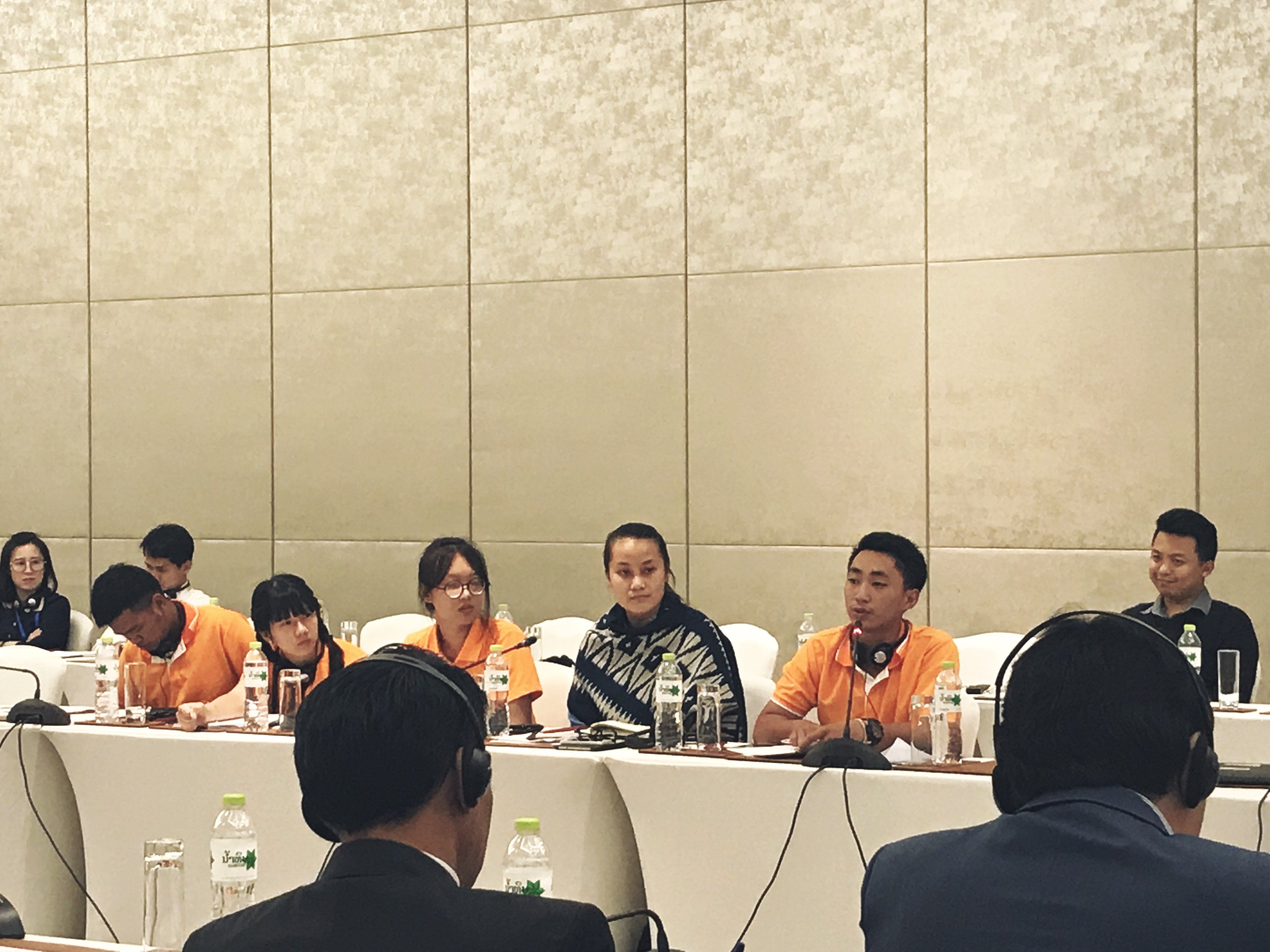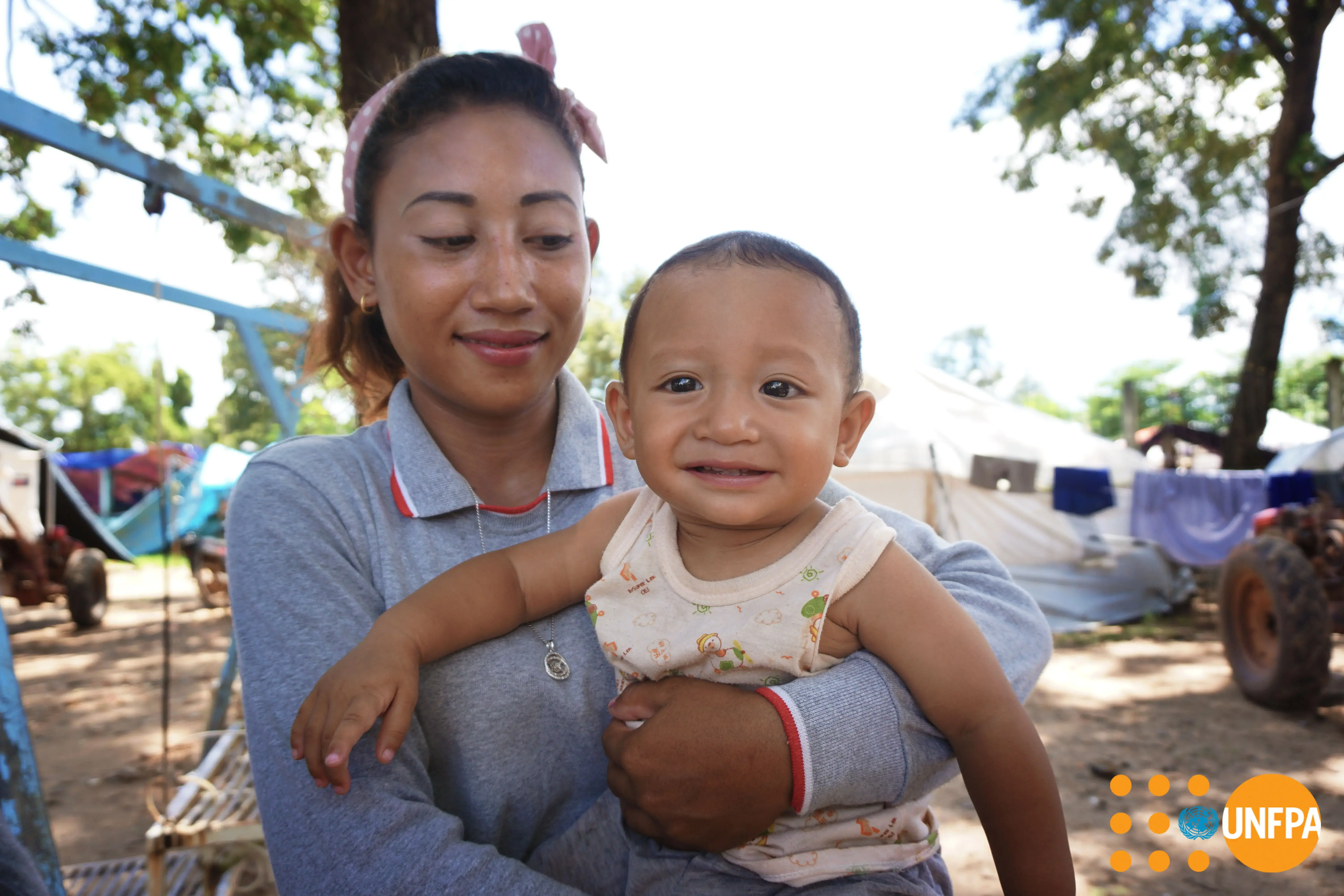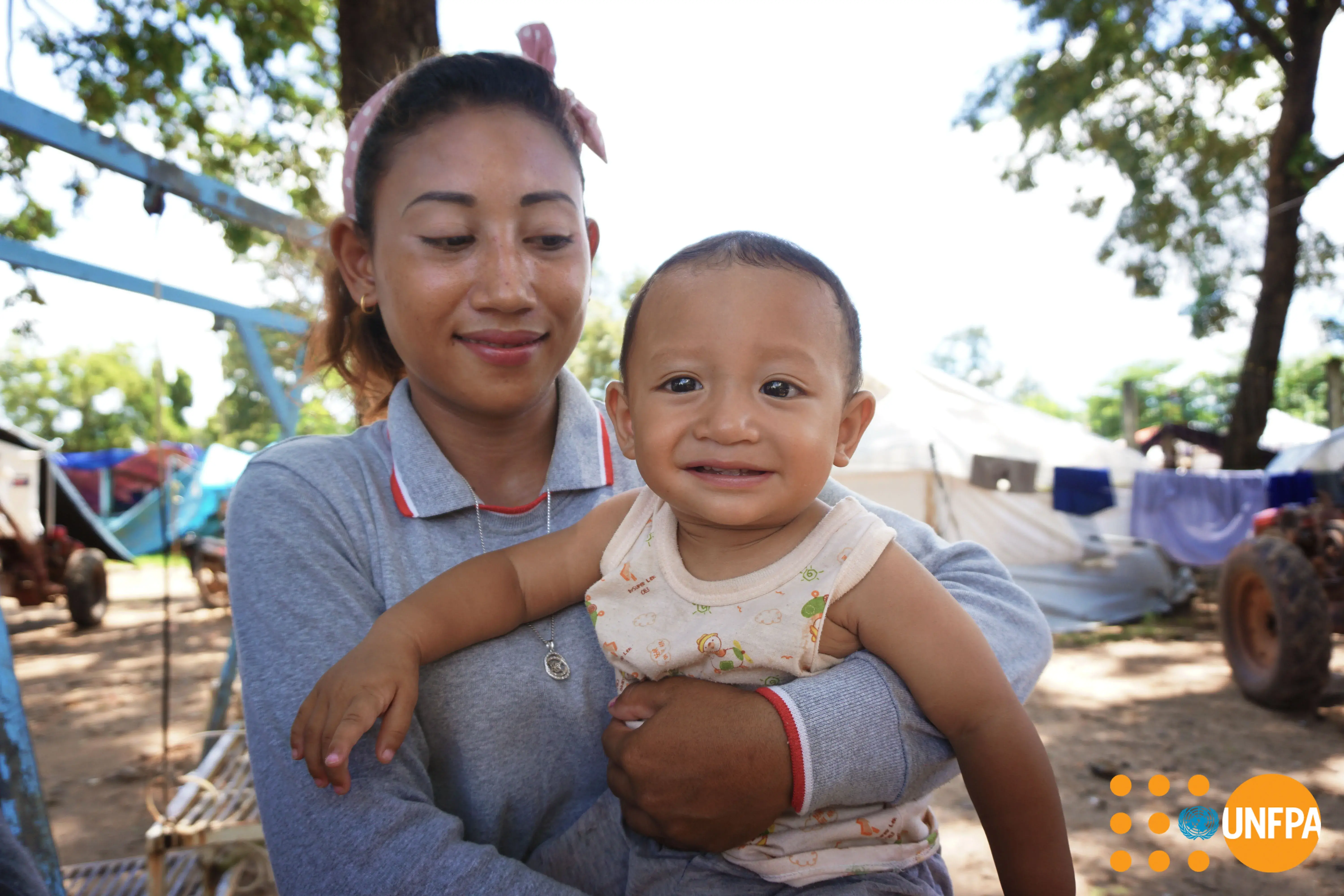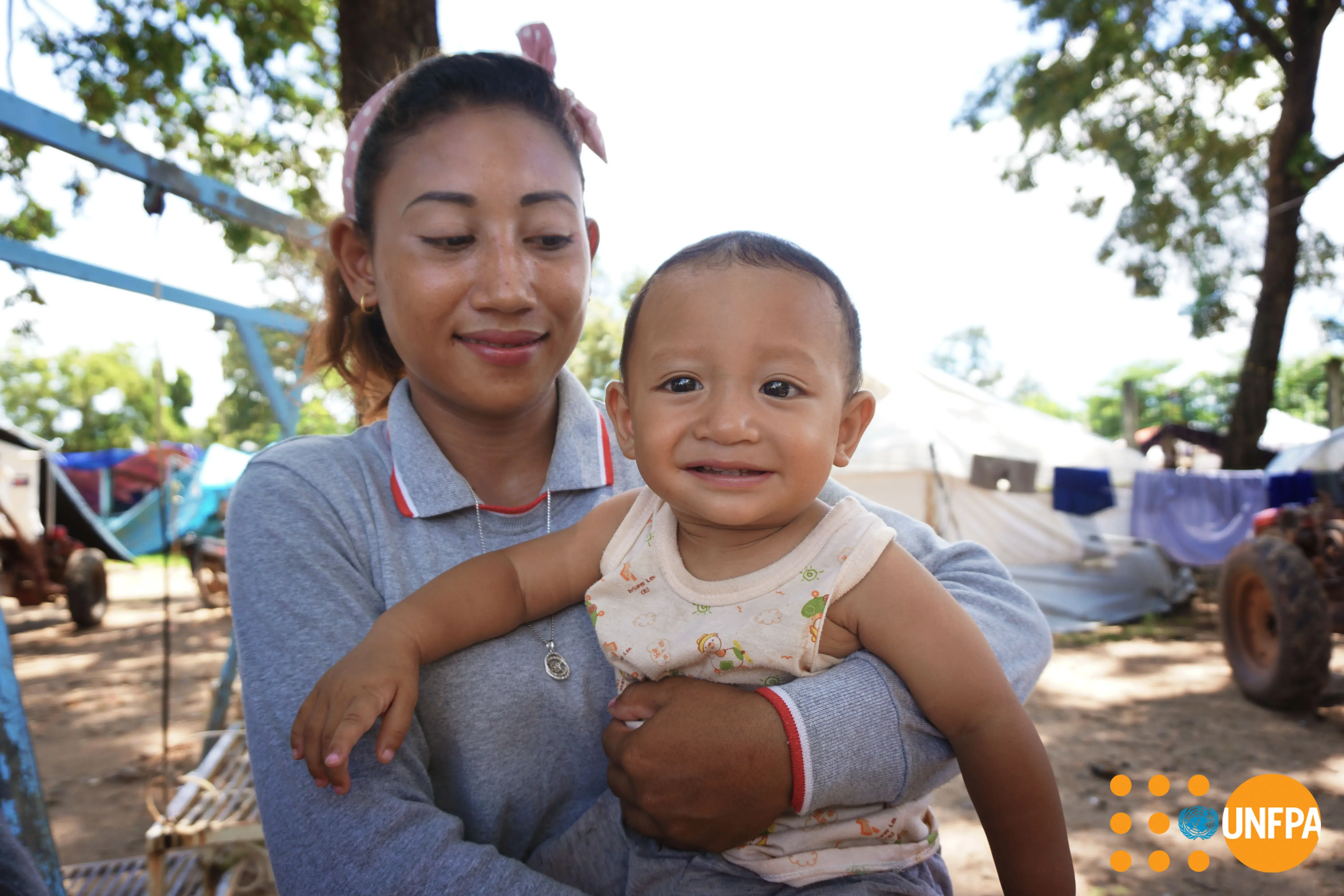Vientiane Capital, Lao PDR - New global report, the State of World Population 2018, flagship report by the United Nations Population Fund (UNFPA) was released in Lao PDR today in a joint press conference held by the Ministry of Planning and Investment (MPI) and UNFPA Lao PDR in Vientiane.
The global trend towards smaller families, including in Lao PDR, is a reflection of people making reproductive choices to have as few or as many children as they want, when they want. When people lack choice, it can have a long-term impact on fertility rates, often making them higher or lower than what most people desire, according to The State of World Population Report 2018.
Family size is closely linked with reproductive rights, which, in turn, are tied to many other rights, including the right to health, education, and jobs. Where people can exercise their rights, they tend to thrive. Where these rights are stifled, people often fail to achieve their full potential, impeding economic and social progress, according to the new report, entitled, “The Power of Choice: Reproductive Rights and the Demographic Transition.”

“Demographic transition in Lao PDR shows the lower fertility and decrease of mortality depending on each different province, some provinces affected by the migration more than other provinces.” Said H.E. Dr. Kikeo Chanthabouly, Vice Minister of Planning and Investment
“When a woman has the power and means to prevent or delay a pregnancy, for example, she has more control over her health and can enter or stay in the paid labour force and realize her full economic potential.” He added.
Since the 1994 International Conference on Population and Development (ICPD), reproductive health and rights have substantially improved around the world. People have more information about their reproductive rights and choices, and a greater capacity to claim their rights.
The report classifies all countries in the world by the current dynamics of their populations’ fertility. Lao PDR falls into the second category where fertility has leveled off. Fertility declined significantly in these countries and then plateaued or in some cases, even started to climb again. The reasons include amongst others - disruptions in family planning programmes.
“Developing and investing in family planning programmes is essential to help attain the Sustainable Development Goals.” Said Ms. Mariam Khan, UNFPA’s Representative in Lao PDR.

“We must ensure that all individuals and couples are able to make informed choices and all adolescent boys, girls like ‘Noi’ and young people have access to health, education, vocational skills and are able to achieve their full potential. We aspire to support Lao PDR achieve zero unmet need for family planning services by 2030.” Added by Ms. Khan.
Ministry of Planning and Investment represented Lao Government to receive and endorse the State of World Population Report 2018 from UNFPA. Government representatives, development partners and local media joined the event with fruitful discussions.
***
UNFPA is the lead UN agency for delivering a world where every pregnancy is wanted, every childbirth is safe and every young person’s potential is fulfilled. UNFPA reaches millions of women and young people in 155 countries and territories.
For more information, please contact:
UNFPA: Kay amphone, Tel.:021 267 680; Singhalath@unfpa.; or
MPI: Mr. Morakot, Tel.: 020 2244 8892; k_vongxay@hotmail.com
You can access the report at https://www.unfpa.org/swop
Follow UNFPA on Twitter, Facebook and Instagram





